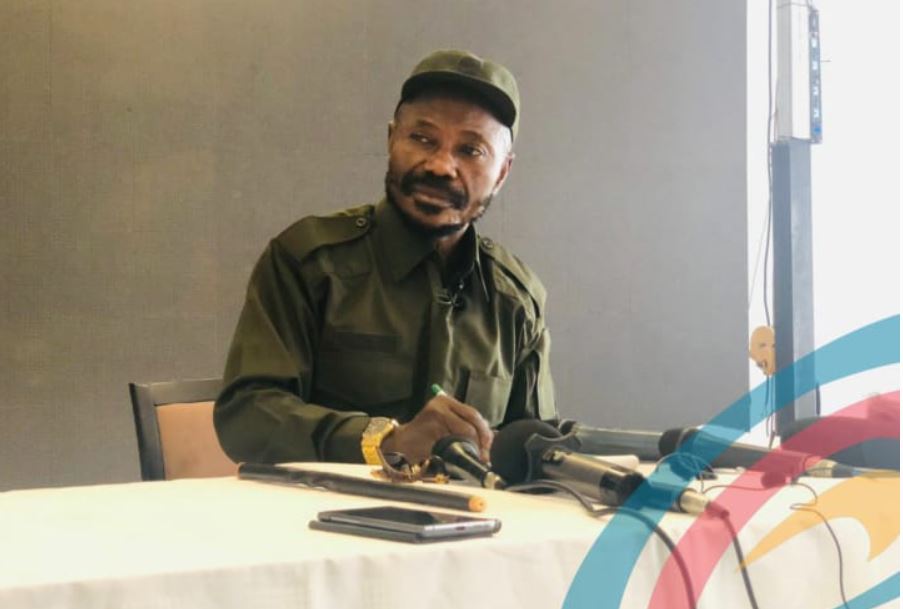Congolese are divided against a decision to pardon, promote in rank and return to army of a man that was convicted of killing former Presidet Laurent-Désiré Kabila.
Eddy Kapend is now promoted to the rank of General and has been brought back to the army and deployed as head of the 22nd military region in Greater Katanga.
Kapend was pardoned in 2021 twenty years after being convicted for the brutal assassination of Laurent-Désiré Kabila.
President Laurent-Désiré Kabila Shot Dead in Office
On January 8, 2021, he left Makala prison, alongside some of his co-convicts, benefiting from a presidential pardon.
This pardon decision was issued on the occasion of the 60th anniversary of the independence of the DRC and commuted his sentence, bringing him into the category of releasable prisoners.
On 16 January 2001 just after 2pm on a Saturday in Kinshasa, the capital of the Democratic Republic of Congo, when panic sets in at the Palais de Marbre (Marble Palace), where President Laurent-Désiré Kabila lives and works. The ruckus is emanating from his office.
Suddenly three shots ring out: bang, bang, bang. Time stands still as the sound of gunfire reverberates for hundreds of metres.
A young man suddenly races out. It is Rachidi Kasereka, one of Kabila’s bodyguards. Another bodyguard, Chiribagula Mulumba, quickly stops the assailant in his tracks with a shot to the leg.
Moments later, the president’s aide-de-camp, Eddy Kapend, appears and kills him. Just a few steps away, wearing a khaki-green suit, the president lays unconscious in his office.
He has been shot three times, including a bullet to the head, fired point-blank. Slumped over in his large beige armchair.
The exact circumstances are still contested. Kabila reportedly died on the spot, according to DRC’s then-health minister Leonard Mashako Mamba, who was in the next door office when Kabila was shot and arrived immediately after the assassination.
The government claimed that Kabila was still alive, however, and he was flown to a hospital in Zimbabwe after he was shot so that DRC authorities could organize the succession.
The Congolese government announced that he had died of his wounds on 18 January.
One week later, his body was returned to Congo for a state funeral and his son, Joseph Kabila, became president ten days later.
By doing so, DRC officials were accomplishing the “verbal testimony” of the deceased President.
Then Justice Minister Mwenze Kongolo and Kabila’s aide-de-camp Eddy Kapend reported that Kabila had told them that his son Joseph, then number two of the army, should take over, if he were to die in office.
The investigation into Kabila’s assassination led to 135 people, including four children, being tried before a special military tribunal.
The alleged ringleader, Colonel Eddy Kapend (one of Kabila’s cousins), and 25 others were sentenced to death in January 2003, but not executed.
Of the remaining defendants, 64 were incarcerated, with sentences from six months to life, and 45 were exonerated. Some individuals were also accused of being involved in a plot to overthrow his son.
Among them was Kabila’s special advisor Emmanuel Dungia, former ambassador to South Africa. Many people believe the trial was flawed and the convicted defendants innocent.




















